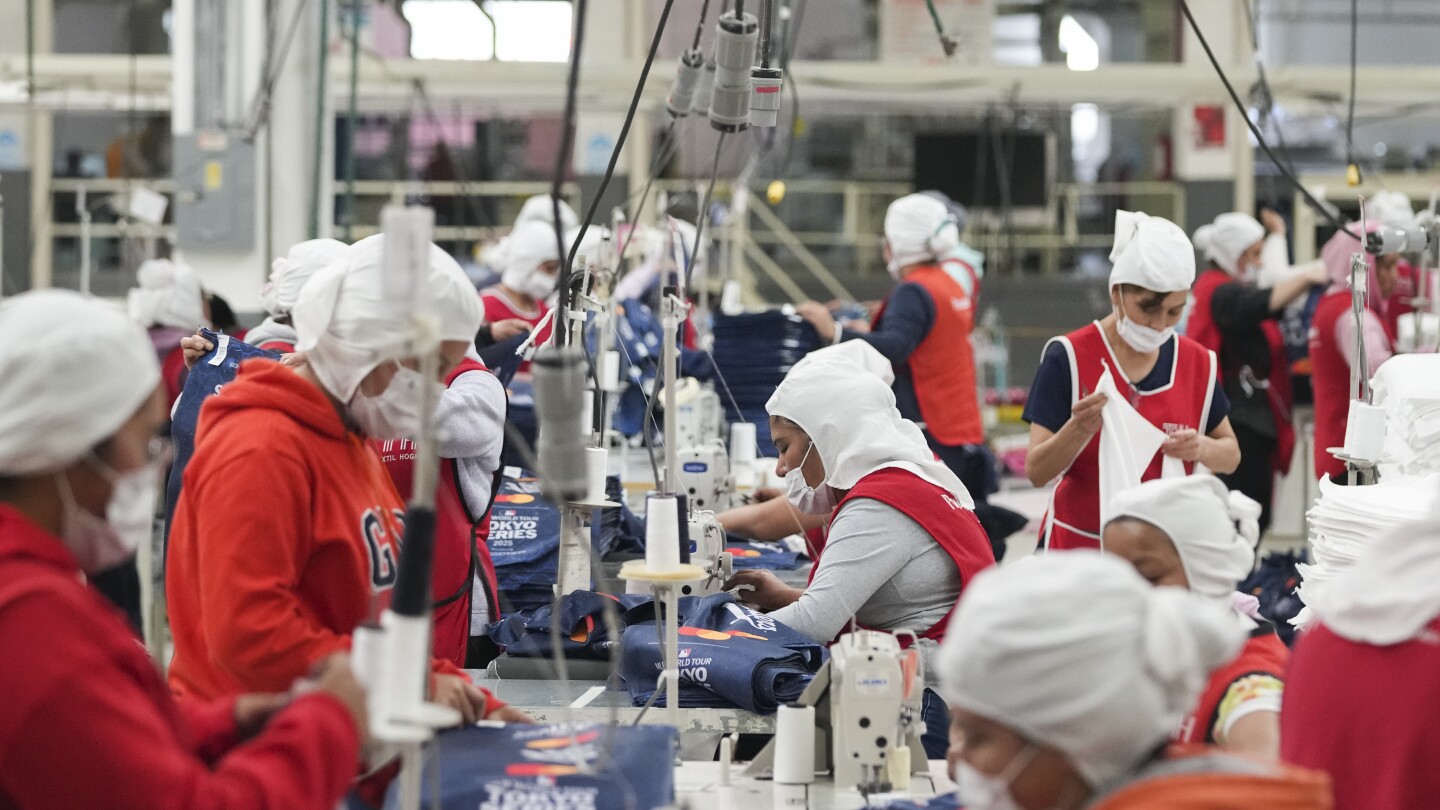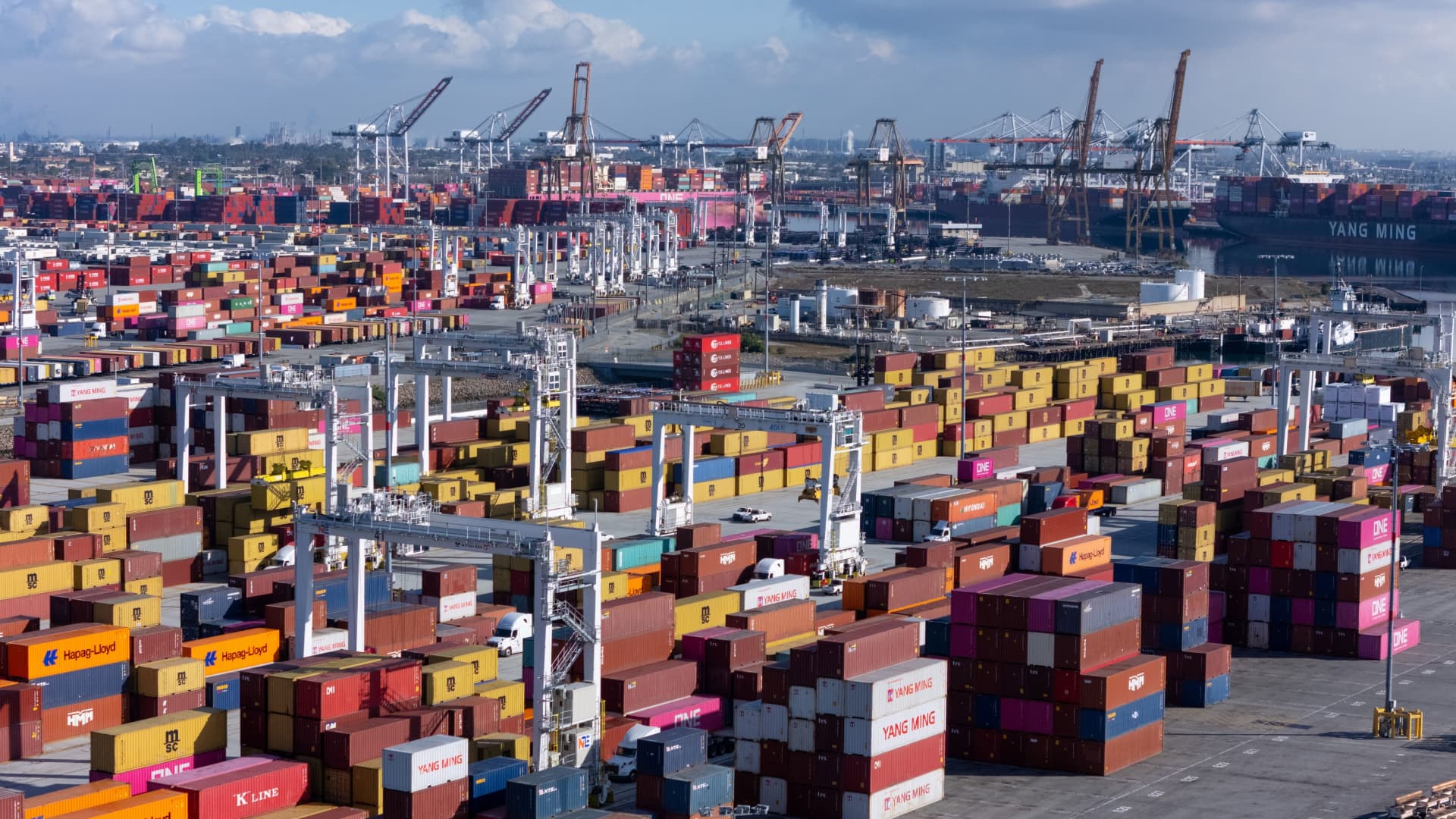Unprecedented Surge: US Foreign Direct Investment Hits New Heights
The United States has recently reached a remarkable milestone in the realm of foreign direct investment (FDI), claiming a record share of the global market. This unprecedented surge in US foreign direct investment not only reflects the robust health of the American economy but also raises significant questions about the implications for both domestic and international economies. As we delve into this topic, we will explore the factors contributing to this surge, its potential impacts, and the broader implications for global economic dynamics.
Understanding Foreign Direct Investment
Foreign direct investment refers to the investment made by a company or individual in one country in business interests in another country. This often involves establishing business operations or acquiring assets in the foreign country. The motives behind FDI typically include market expansion, resource acquisition, and the pursuit of strategic advantages.
FDI is a crucial component of international economic relations, and its trends can significantly influence the global economy. When a country experiences a surge in FDI, it often leads to increased employment opportunities, technological transfer, and economic growth.
Factors Driving the Surge in US Foreign Direct Investment
Several key factors have contributed to the recent surge in US foreign direct investment:
- Economic Recovery Post-Pandemic: The US economy has shown resilience and recovery following the disruptions caused by the COVID-19 pandemic. Businesses are now more confident in investing abroad, seeking new markets and opportunities.
- Technological Innovation: The rapid advancement of technology, particularly in sectors like information technology, renewable energy, and biotechnology, has made US companies eager to invest in foreign markets where these technologies can be further developed and utilized.
- Strategic Trade Agreements: Recent trade agreements and a focus on reducing tariffs have opened new markets for US businesses, encouraging them to invest overseas.
- Global Economic Trends: As emerging markets continue to grow, US companies are increasingly looking to invest in these regions to capitalize on their economic potential and consumer base.
Impacts of the Surge in US Foreign Direct Investment
The implications of this unprecedented surge in US foreign direct investment are multifaceted, affecting various aspects of the economy:
1. Economic Growth and Job Creation
One of the most immediate benefits of increased FDI is the potential for economic growth and job creation. When US companies invest abroad, they often establish new operations that require hiring local employees. This not only boosts the local economy but can also lead to increased demand for US products and services, creating a cycle of growth.
2. Enhanced International Relations
As US companies invest in foreign markets, they foster stronger economic ties and potentially improve diplomatic relations. Increased investment can lead to greater collaboration between nations, enhancing trade partnerships and fostering a more stable global economic environment.
3. Technological Exchange
US foreign direct investment frequently involves the transfer of technology and expertise. This exchange benefits both the investing and host countries, as it can lead to innovation and improvements in productivity. Countries receiving US investments often gain access to advanced technologies, which can drive their own economic development.
4. Competitive Advantage
For US companies, investing abroad can provide a competitive advantage. By diversifying their operations and tapping into new markets, they can mitigate risks associated with domestic economic fluctuations. This strategy allows companies to remain agile and responsive to global market trends.
Challenges and Considerations
While the surge in US foreign direct investment presents many opportunities, it is not without challenges. Here are some considerations that need to be addressed:
- Regulatory Hurdles: Companies may face various regulatory challenges when investing in foreign markets, including compliance with local laws, tariffs, and potential trade barriers.
- Geopolitical Risks: The global political landscape is continually changing, and US companies must navigate potential geopolitical tensions that could impact their investments.
- Economic Inequality: There is a concern that as US companies invest abroad, they may inadvertently contribute to economic inequality in both the US and host countries. Addressing these disparities will be crucial for sustainable growth.
Future Outlook for US Foreign Direct Investment
Looking ahead, the outlook for US foreign direct investment remains optimistic. With the global economy continuing to recover and evolve, US companies are likely to seek new opportunities in emerging markets. Additionally, ongoing technological advancements and the rise of industries such as renewable energy and artificial intelligence are expected to drive further investment.
Furthermore, as the world becomes increasingly interconnected, the importance of fostering sustainable and responsible investment practices will be paramount. US companies are increasingly recognizing the need to invest in ways that benefit not just their bottom line but also the communities they engage with.
Conclusion: Embracing the Opportunities Ahead
The unprecedented surge in US foreign direct investment marks a significant turning point in the global economic landscape. As American businesses continue to seek growth and expansion opportunities beyond their borders, the implications for both the domestic and international economies are profound. By embracing responsible investment practices and navigating the associated challenges wisely, the United States can harness this momentum to foster sustainable economic growth, enhance international relations, and contribute to a more interconnected global economy.
In summary, the record levels of US foreign direct investment not only highlight the resilience of the American economy but also pave the way for future opportunities that can benefit a wide array of stakeholders. As we move forward, it will be essential to monitor these trends and their impacts, ensuring that the benefits of such investment are realized across the board.
See more CCTV News Daily



